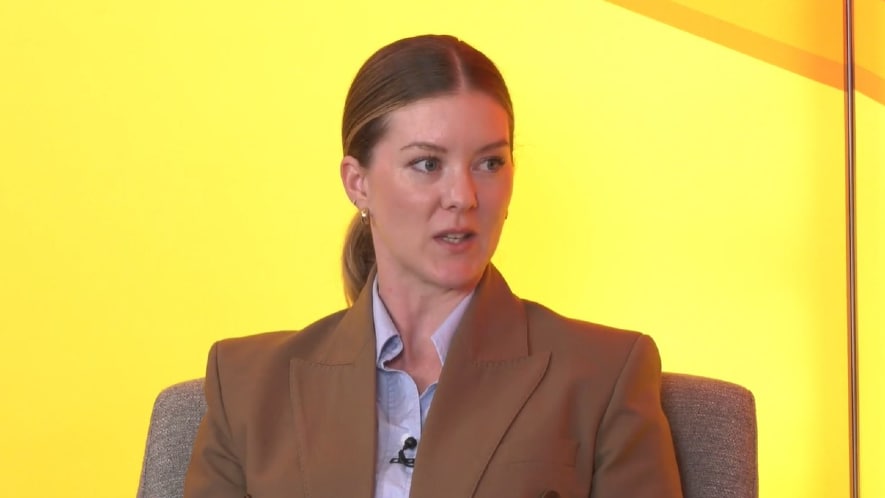In PwC’s Tax Briefing for April 2025, Patricia Muscat and Bianca Wood led a discussion on the strategic importance of tax functions within businesses, particularly in the context of Australia's complex tax environment. The session aimed to empower tax teams to redefine their roles, demonstrate their value, and secure the necessary support to manage challenges effectively. Insights from PwC’s Reframing Tax survey were shared, highlighting how tax aligns with business model reinvention and delivers strategic value to the C-Suite. The discussion also explored evolving priorities for the tax function and potential avenues for driving change.
The briefing noted a relatively quiet period in Australian tax developments due to the federal election, which resulted in the dissolution of Parliament and the lapse of significant bills, including those proposing an additional 15% tax for individuals with total superannuation balances exceeding $3m. The Australian Taxation Office (ATO) issued new Fringe Benefits Tax (FBT) amounts and updated rates and thresholds for superannuation for the 2025-26 income year. Additionally, the Practical Compliance Guideline for claiming work-from-home expenses was updated, increasing the fixed rate from $0.67 to $0.70 per hour. Post-election, the ATO is expected to return to business as usual, with guidance anticipated on key pending matters such as public country-by-country reporting exemptions, royalty withholding tax and thin capitalisation.
Recent court cases impacting tax were also discussed, including the AusNet case concerning capital gains tax (CGT) rollovers, which may proceed to the High Court. The Morton case addressed the distinction between capital and revenue, with the Federal Court ruling in favour of the taxpayer, concluding that gains from pre-CGT farmlands were not assessable income. The Merchant case involved general Anti Avoidance Rules and dividend stripping, with the Full Federal Court mostly siding with the Commissioner. To launch the inaugural Reframing Tax survey report, Brady Dever introduced the main topic of Reframing Tax, discussing the increasing challenges in tax compliance and operations due to legislative changes and expanded data analytics capabilities of revenue authorities. Despite these challenges, investment in tax functions has declined, with headcounts and budgets remaining flat. The survey revealed a disconnect between tax teams and executives regarding the value tax provides to businesses, with only 15% of Australian executives recognising tax's significant role in business strategy. The survey identified top priorities for tax functions, including optimising tax liabilities, finding efficiencies, and ensuring compliance, while highlighting barriers such as lack of access to data and coordination between business and tax teams.
Patricia and Bianca were joined by Andrew Korlos, James Nickless and Ronen Vexler for a panel discussion which delved into the challenges facing tax functions, emphasising the increasing compliance burden and the importance of getting compliance right to avoid penalties and reputational damage. The disconnect between tax functions and the broader business was attributed to differences in perception and alignment with organisational strategy. The panel highlighted the need for tax teams to articulate their value, engage in strategic conversations early, and leverage technology and data to streamline processes. This lead into the role of AI in tax functions, with AI being used for tax research and document review. The session concluded with recommendations for future-proofing tax functions, emphasising the importance of flexible technology solutions, strategic planning, and leveraging the expertise within tax teams.
The webcast underscored the importance of reframing the tax function to align with business strategy and drive change through technology and data. The panelists encouraged tax professionals to articulate the value they bring to their organisations and to leverage their unique insights to drive transformation.
Watch the webcast on demand and read the report here.
Contact us






James O'Reilly
Partner, Brisbane Tax Leader & Global Energy, Utilities and Mining Tax Leader, PwC Australia























